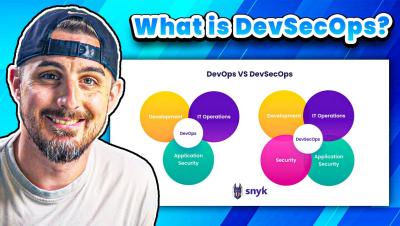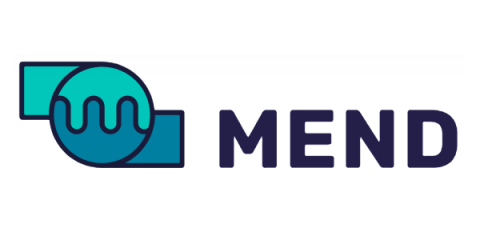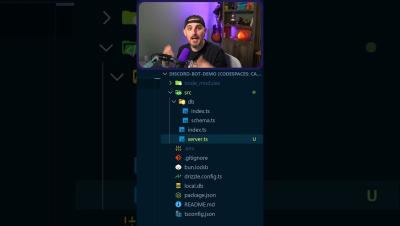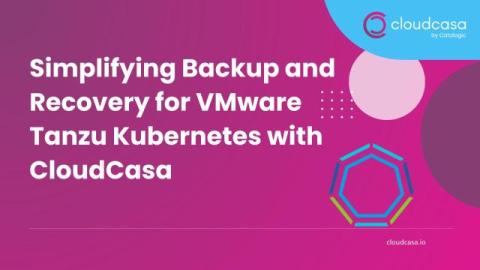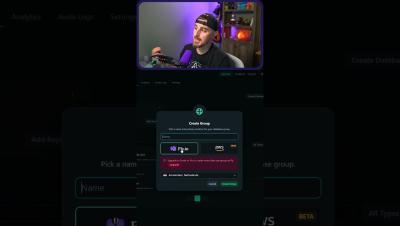Unshackling Productivity Access Control for Modern DevOps in Three Acts
Unshackling Productivity, Access Control for Modern DevOps in Three Acts - Engineers hate security processes that throw off their rhythm. As modern, ephemeral, and highly scalable infrastructure becomes the norm, your engineers feel the pain more acutely. They need fast, frequent, and secure access to the resources they need when they need it. This webinar explores the bottlenecks created by applying legacy access controls to modern infrastructure and illustrates three case studies of how real-world companies broke through the access barriers to make their engineers happier and more productive.



